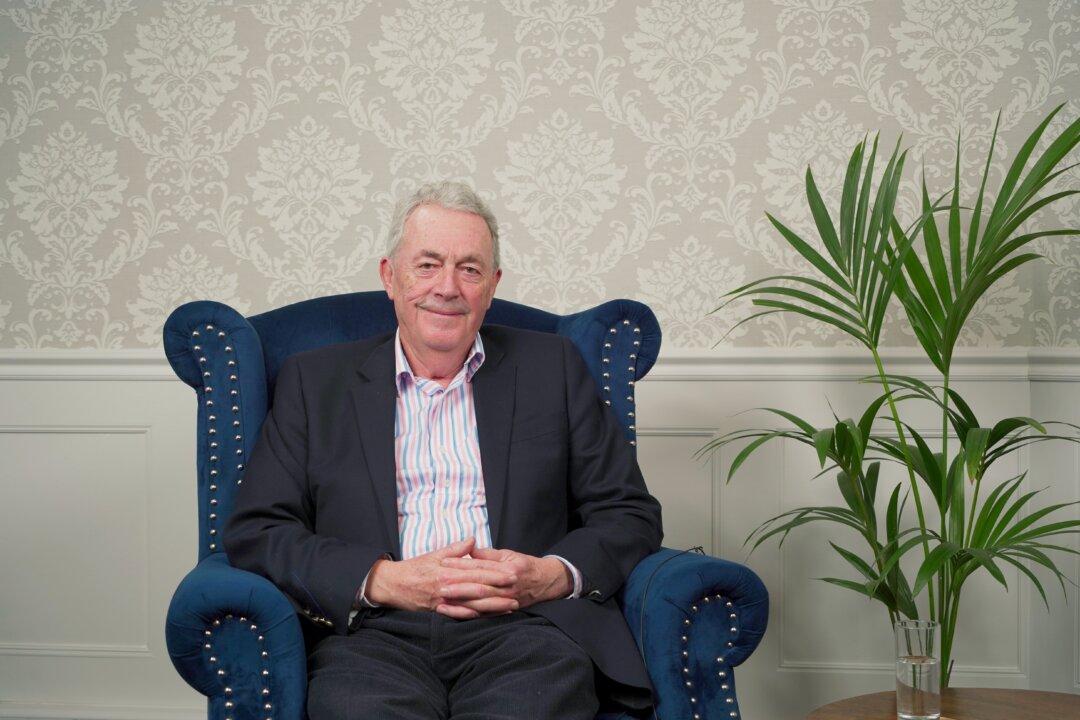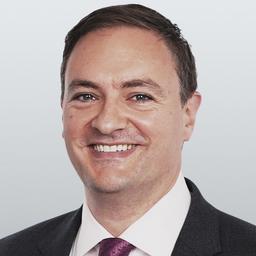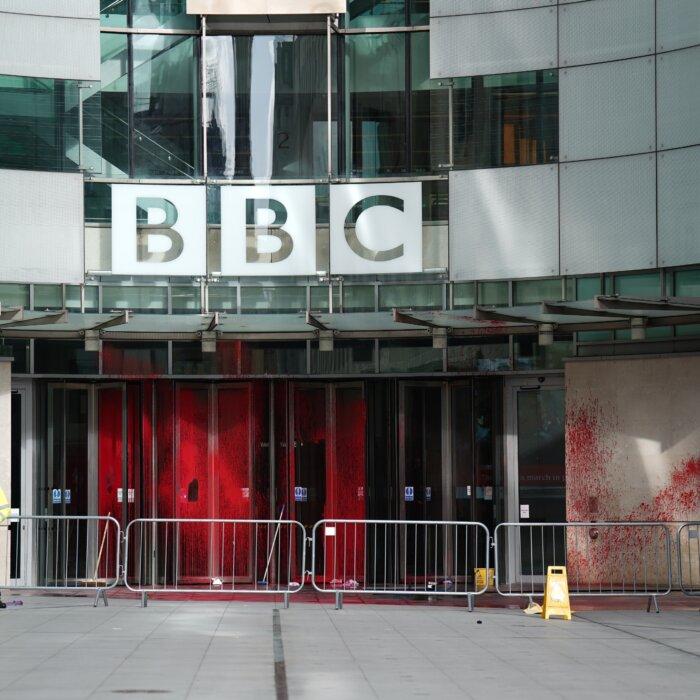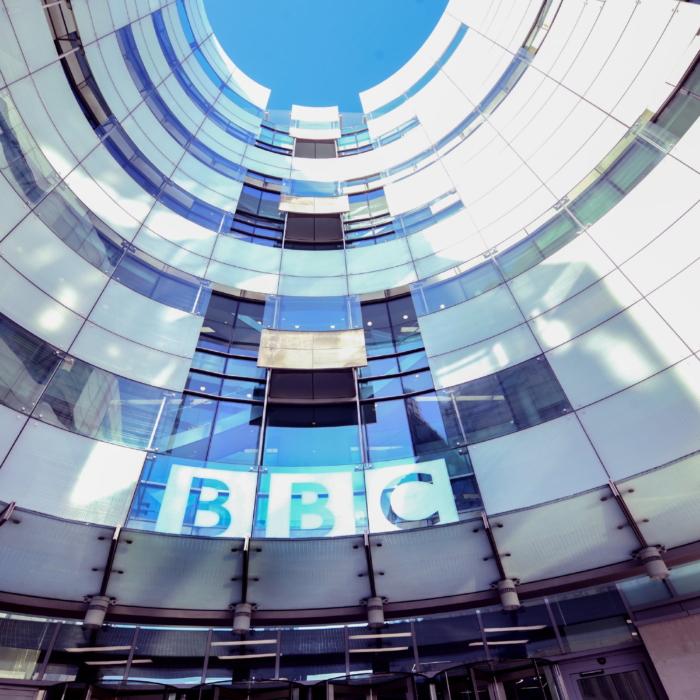The BBC has “groomed the nation to accept things which it ought not to accept” with its hyper-liberal take on things, one of its former top journalists has claimed.
Speaking to NTD’s “British Thought Leaders” programme, Robin Aitken, who spent 25 years at the BBC, said he believes it’s time for the broadcaster to say goodbye to public funds.
Mr. Aitken said he joined the company in the 1970s as a young journalist, believing it was “the best broadcaster in the world,” but as he worked his way up to arrive at the flagship “Today” programme at Radio 4, it had become clear that “the BBC is not impartial in the way that it thinks it is,” he said.
Mr. Aitken called himself a “social conservative,” as in he believes “the moral basis of society is the most important aspect of how society functions and thrives.”
On the other hand, “the BBC’s morality is a media morality, which has groomed the nation, in my view, to accept things which it ought not to accept. So I came to understand actually that the BBC was actually a very ideological organisation with its own worldview and a very coercive internal culture,” he said.
Citing increasing unhappiness in youths as an example, Mr. Aitken said the BBC’s coverage on the issue tends to put all the blame on social media and the lack of resources for mental health clinics, but fails to find the real cause, which he believes to be family breakdown.
Mr. Aitken said the BBC “successfully propagandised the country from the perspective of Black Lives Matter [BLM]” after the killing of George Floyd, “never bothering to investigate” BLM’s “antecedents and real motives” as a Marxist organisation.
“And yet we were supposed to swallow whole this tale and to import into Britain—which I think is so wrong—a discourse about race relations, which is pertinent in America, but not here,” he said.
Superficial Diversity
Mr. Aitken attributed at least part of the BBC’s perceived bias to the lack of diversity in its staff members, most of whom are “well educated, middle class, younger people.”“When the word ‘diversity’ comes up in BBC meetings, what they get out [is] the skin colour chart” and categories such as sexual orientation, he said.
“What you get is a workforce, which is quite diverse in terms of racial background, but not at all diverse in terms of its political outlook,” he said, adding that “real diversity” is what the BBC should be aiming for.

While he believes it’s healthy to have immigration, unusually high immigration tends to make the working class feel “rightly disgruntled when they see people coming in, newly arrived, undercutting their wages and often being housed at public expense,” he said, adding that it “doesn’t breed harmonious community relations.”
“And why doesn’t the BBC represent those views? Because it finds them distasteful,” he said. “Why does it find them distasteful? Because the BBC is staffed almost in its entirety by well educated, middle class, younger people,” who “have been through a university system which has taught them to believe in certain rights and wrongs.”
“A lot of them are very naive, they’re very callow, a lot of young BBC journalists,” he said.
Time to Say ‘Sayonara’
Having caused “as much internal trouble as [he] could” when he was part of the BBC, Mr. Aitken has since written two books criticising the public broadcaster.He said it’s fine for other news outlets, which are funded by their audiences, to have their political leanings, but “we all pay for the BBC, and the quid pro quo of the universal licence fee—and the fact that we all have to pay—the quid pro quo is that every opinion should be represented on the BBC fairly, and that’s what doesn’t happen.”
However, Mr. Aitken prefers reform rather than defunding the BBC, if “real reform” can happen soon.
“The ideal of a public service broadcasting company, which is impartial, accurate, honest, truthful, decent, such a broadcaster would be of immense value to any democracy. So the ideal of the BBC is an excellent ideal,” he said.
“I am coming to the view that unless there is real reform of the BBC within the next couple of years, it’s time to say ’sayonara,'” he added.
“The dishonesty in the organisation is this: that it proclaims itself to be impartial and honest. But it’s not impartial. And that’s the worst of both worlds,” he said.
“For it to be proclaiming itself as impartial whilst doing something which is clearly not impartial is defrauding people,” he said, adding that it’s one of the reasons he has “sadly” come to believe the licence fee should be scrapped.








